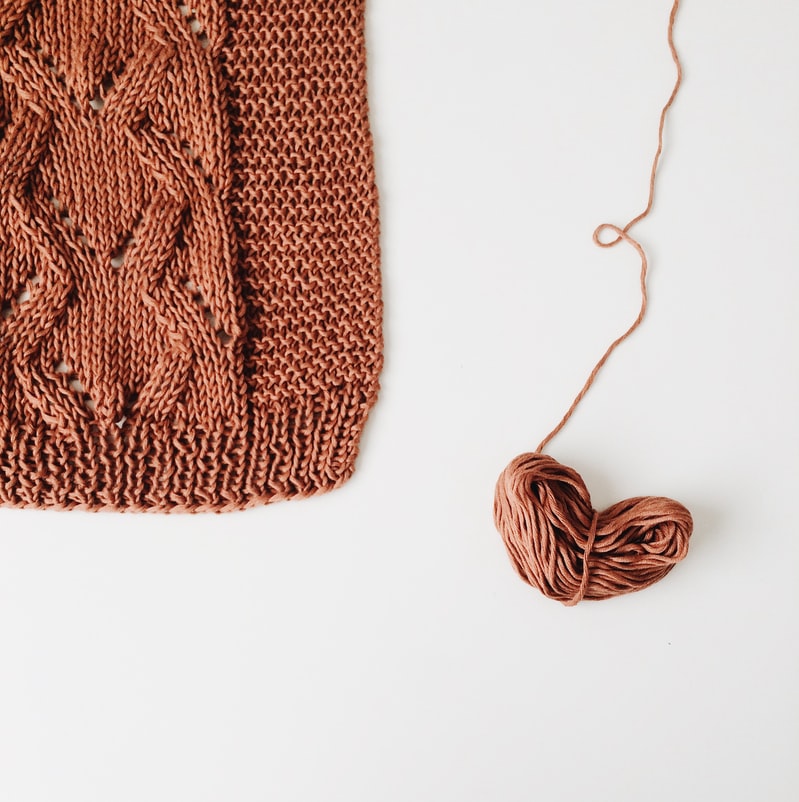The mental health benefits of knitting
Lockdown. Isolation. Social-distancing.
Words that have become far too common these days, and have caused people all around the world to develop loneliness-induced depression, and in some areas on Earth, the lockdown and hardship continues.
Sure, when most of us think of knitting, we originally conjure up thoughts of an elderly white woman, sitting in a rocking chair with a cat. In fact, this assumed demographic only describes a small fraction of the world's knitting community, which has seen a fashionable, millennial boom in the 21st century. As a creative outlet with therapeutic benefits, it has proven to be a trending activity in life under lockdown for people of various ages and backgrounds. But why? Why has it taken so long for this centuries old art to finally step into the limelight of everyday life?
For people all over the world, activities like running and reading have become everyday essential habits to help with depression and anxiety. But were you aware that knitting can also help you cope with mental health challenges? Well here at HiyaHiya Europe, we’re big believers that knitting not only brings you untold happiness, but also has huge mental benefits too.
In 2007, Harvard Medical School’s Mind and Body Institute found that knitting lowers the heart rate by an average of 11 beats per minute and helps induce an “enhanced state of calm” similar to that of yoga. And then in 2011, the Mayo Clinic conducted a study of over 70-year-olds found that those who knit had a “diminished chance of developing mild cognitive impairment and memory loss.”

Research shows that knitting has significant psychological and social benefits, which can contribute to wellbeing and quality of life.
In fact, evidence based research shows that knitting has positive health benefits, including:
Lowering blood pressure
Reducing depression and anxiety
Slowing the onset of dementia
Distracts from chronic pain
Increasing sense of wellbeing
Reducing loneliness and isolation
So will this trend endure?
Yes. It’s a sustainable practice that helps build communities, can be used to help mental-health sufferers, and allows consumers to avoid the fast-fashion industry, as well as helps the ill deal with their chronic pain, and helps people stay safe & connected - even in these desperately strange times.
If you are struggling make sure you reach out to friends or family, or even drop us a message! We're always happy for a chat!
